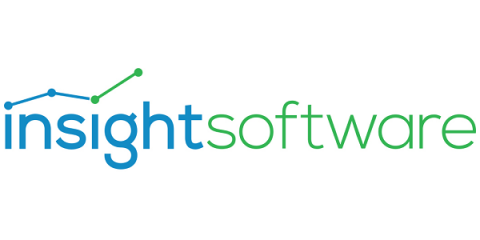Ensuring Accuracy and Reliability with ML Model Validation
As demand for machine learning (ML) grows, rigorous testing and quality assurance are crucial. ML models need quality training data and robust algorithms. Without thorough testing, inaccurate outcomes can occur, especially in sectors like healthcare, finance, and transportation. A 2023 ScienceDirect report found data leakage in 294 academic publications across 17 disciplines, highlighting the need to address this issue in ML-based science.











